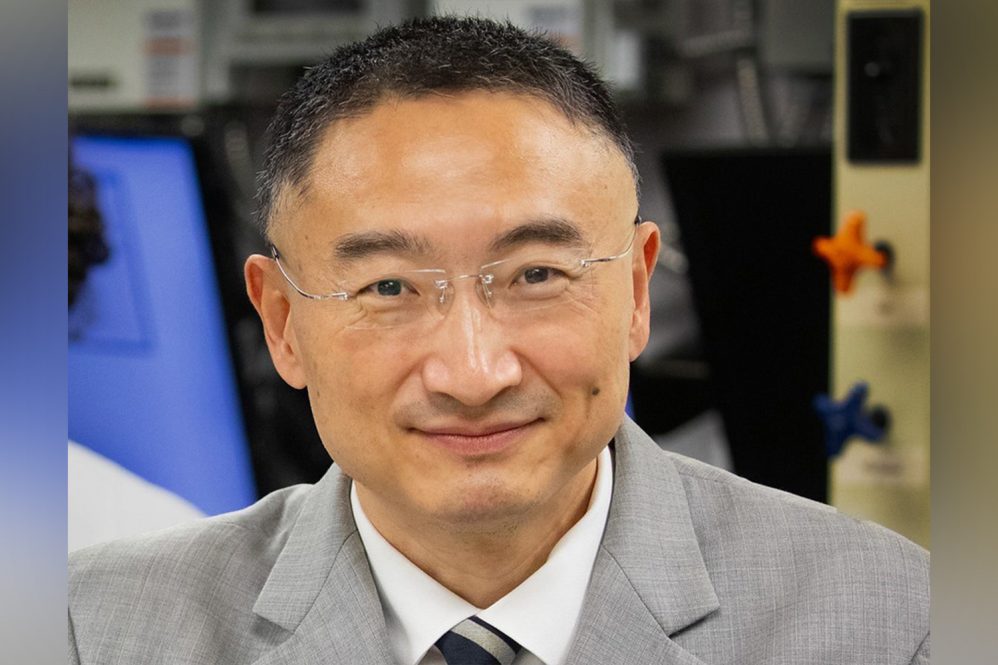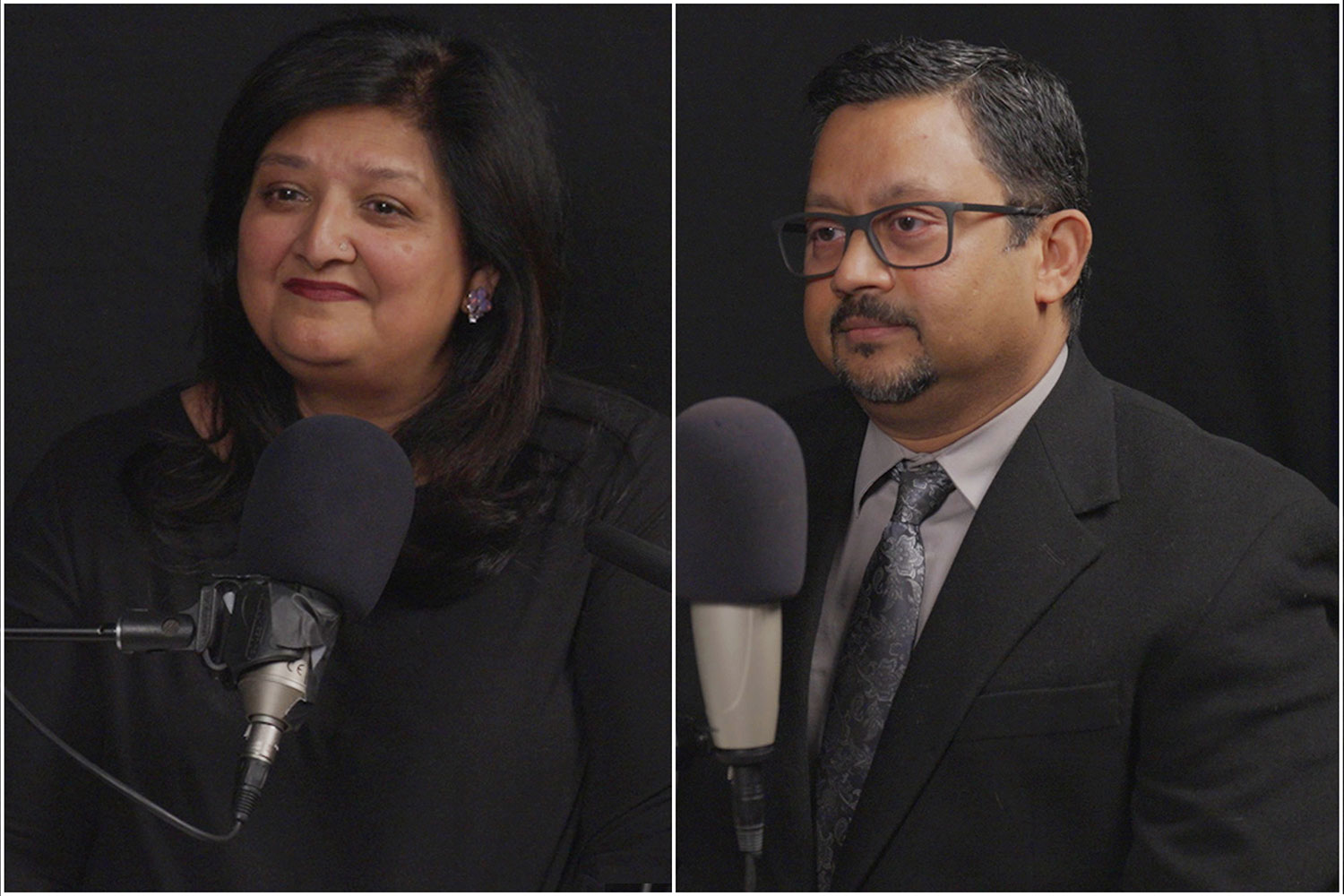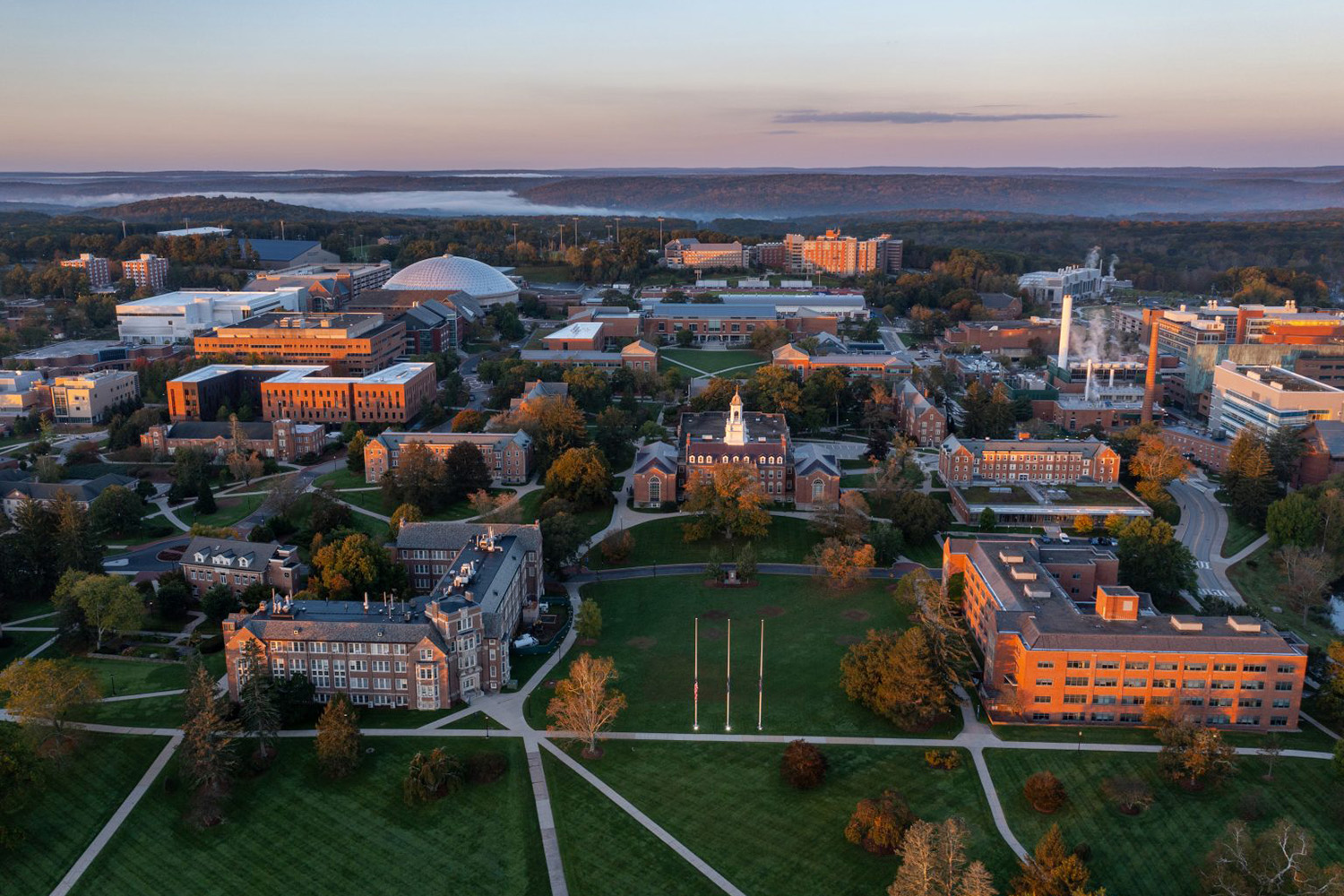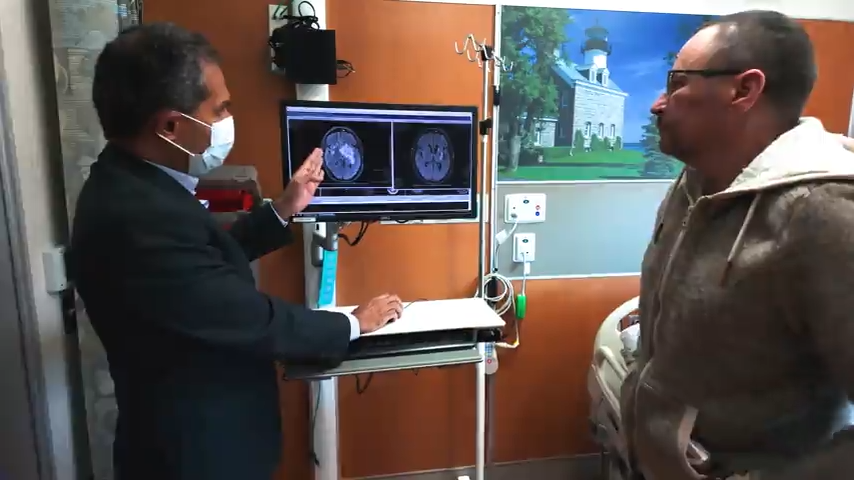As the incoming director of the Center for Clean Energy Engineering (C2E2) at the University of Connecticut, Xiao-Dong Zhou aspires to catalyze the widespread adoption of clean energy sources, reduce greenhouse gas emissions, and promote environmental stewardship by focusing on the development of advanced materials, efficient processes, and innovative solutions.
“My goals as director of C2E2 revolve around achieving elevated research outcomes, empowering students through education, fostering effective partnerships, making a positive environmental impact, and expanding outreach efforts,” he says. “I also plan to create enriching experiences for undergraduate and graduate students by involving them in cutting-edge research and providing opportunities for skill development in the field of sustainable energy.”
He’ll also focus on rebranding C2E2 into a University-wide institute to amplify its influence and reach. This expansion “will allow us to engage a broader range of academic disciplines—such as chemistry, physics, agriculture, economics, and policy—and industries, accelerating the adoption of sustainable energy technologies,” he says.
In addition to clean energy solutions, Zhou’s research interests are in theoretical and experimental understanding of nonequilibrium thermodynamics and electrochemistry in fuel cells, electrolyzers, and batteries. He is an expert in examining how small molecules—such as oxygen, water, carbon dioxide and methane—can be used to create value-added commodities.
Zhou comes to UConn from the University of Louisiana at Lafayette (UL Lafayette) where he served as the Stuller Endowed Chair in the Chemical Engineering Department and the director of the Institute for Materials Research and Innovations. In 2021, the Electrochemical Society named Zhou a Fellow for his efforts in clean energy innovations. Since 2017, Zhou has secured more than $23 million in grants from the National Science Foundation, NASA, and the Department of Energy. Prior to UL Lafayette, Zhou worked as a professor of chemical engineering at the University of South Carolina where he was honored the prestigious J. Bruce Wagner, Jr. Young Investigator Award for demonstrating exceptional promise in the field of high-temperature energy, materials, and processes.
At UConn, Zhou will serve as the Nicholas E. Madonna Endowed Chair in Sustainability, and the Connecticut Clean Energy Fund Professor in Sustainable Energy. He’ll hold joint appointments in the Mechanical Engineering and Materials Science and Engineering departments.
“Professor Zhou brings a wealth of experience and expertise to this position,” says Dean of Engineering Kazem Kazerounian. “I have no doubt that his leadership and expertise will further elevate the center’s reputation and foster interdisciplinary collaborations in pursuit of sustainable energy solutions.”
In addition to his research and teaching, Zhou will serve as a special advisor on sustainable energies to UConn President Radenka Maric and Vice President for Research Pamir Alpay. In this capacity, he will provide guidance and contribute to the development of sustainable energy strategies and initiatives across the university.
“Under the visionary leadership of Radenka Maric, UConn demonstrates a dedicated commitment to sustainability and clean energy solutions for climate change mitigation, embodying a forward-thinking approach to advancing research and innovation in sustainable energy,” Zhou says. “I look forward to collaborating with President Maric, faculty, alumni, and UConn’s industry partners to drive comprehensive and impactful solutions for clean energy challenges.”
Zhou’s passion for sustainable energy and addressing climate challenges stems from the urgent need to safeguard our planet’s future. Witnessing the escalating impact of climate change drove his commitment to research clean energy technologies.
“As a seasoned researcher, I recognize the immense potential of sustainable solutions to mitigate environmental changes,” he says. “This realization ignited my journey in clean energy, leading to a deep-rooted desire to contribute to innovative advancements. The pressing global necessity and the potential to make a positive impact inspire my unwavering dedication to creating a cleaner, more sustainable world through cutting-edge research and technology.”
Zhou received his B.S. and M.S. in chemical engineering from East China University of Science and Technology and his Ph.D. in ceramic engineering from the University of Missouri-Rolla.
Zhou is the co-author of more than 150 papers spanning topics in the electroconversion of CO2 to fuels (e.g., ethylene), theory and practice to achieve high performance and highly stable solid oxide fuel cells, and Zn-air and lithium-ion batteries.
Zhou currently serves as the technical editor of the Journal of The Electrochemical Society, and an associate editor of the Journal of the American Ceramic Society and the International Journal of Ceramic Engineering and Science.
As Zhou steps into the new position, Kazerounian expresses his gratitude to Professor of Mechanical Engineering Ugur Pasaogullari for serving as C2E2’s director for the past six years.
“Professor Pasaogullari’s dedication, vision, and commitment to excellence have been instrumental in the success of the Center for Clean Energy Engineering as he has achieved remarkable milestones and helped established the center as a prominent institution in the field,” Kazerounian says. “We look forward to working with Professor Xiao-Dong Zhou and continuing to advance clean energy research and innovation at the University of Connecticut.”



